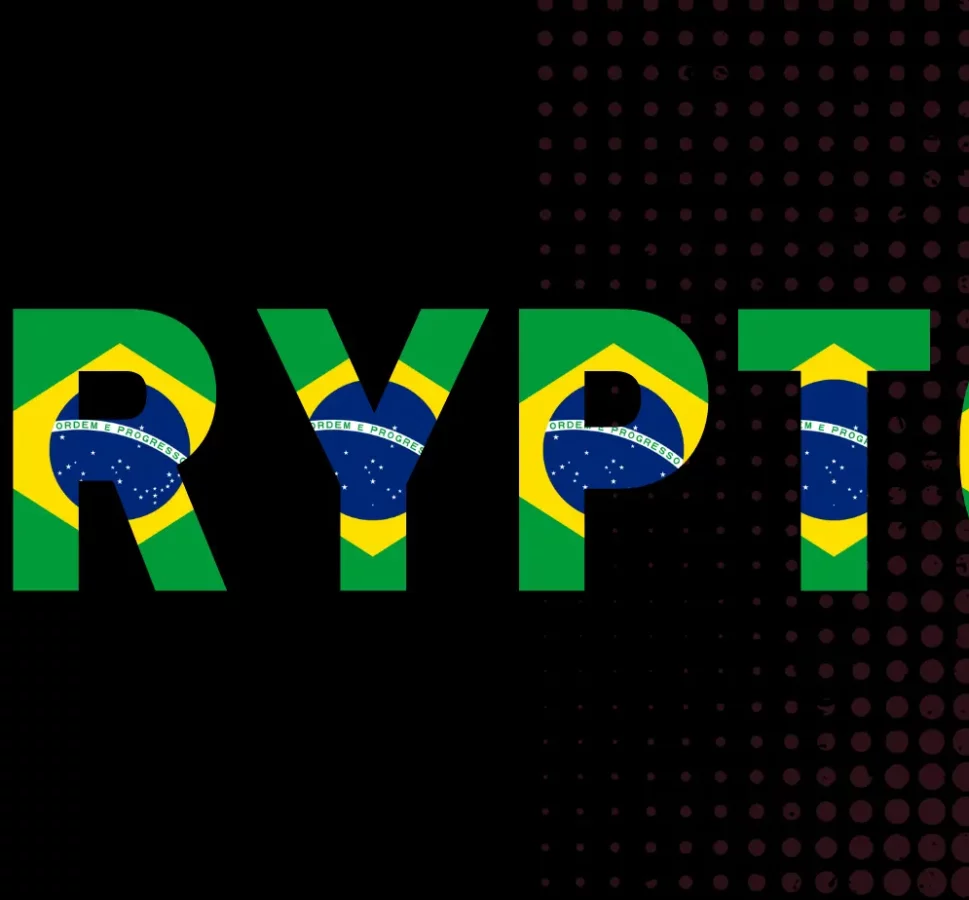- Brazilian lawmakers are considering safeguarding debtor savings and integrating crypto into legislation.
- Deputy Carlos Bezerra’s bill aims to protect personal savings up to 40 minimum wages from creditors.
- Amendments include recognizing cryptocurrencies as financial assets for taxation in foreign investments and addressing tax equality.
While Brazilian legislators deliberate on a proposed law aimed at providing robust safeguards for a significant portion of debtors’ savings, a distinct effort is underway to incorporate cryptocurrency into the bill’s latest iteration.
Deputy Carlos Bezerra’s Bill 4.420/2021 is presently under review by the Committee on the Constitution, Justice, and Citizenship within the Brazilian National Congress’ Chamber of Deputies. This legislation, intended to amend the 2015 Code of Civil Procedure, seeks to shield the personal savings of individuals up to an equivalent of 40 minimum wages from potential seizure by their creditors.
On September 15th, Deputy Felipe Francischini, who is responsible for overseeing the bill, formally endorsed a recent amendment proposed by Deputy Fernando Marangoni to include cryptocurrency assets in the roster of safeguarded funds. In accordance with Francischini’s statement:
“Nowadays, people’s investment behavior changed, with the traditional savings account losing ground to other forms of financial investment.”
Deputy Felipe Francischini
The inclusion of cryptocurrency became viable following the implementation of the Brazilian crypto regulatory framework in June 2023. The current amendment makes explicit reference to this framework, defining virtual assets as “digital representations of value that can be exchanged or transferred electronically and utilized for payments or investments.”
In a notice dated June 14, President Lula enacted Government Decree No. 11.563, which lays out regulations in accordance with a law passed in December 2022 concerning the legal framework for cryptocurrencies in Brazil. This law empowers the Central Bank of Brazil to oversee and regulate providers of virtual asset services and also guarantees that numerous token projects categorized as securities will remain subject to the oversight of the Comissão de Valores Mobiliários, or CVM, which is Brazil’s equivalent of the United States Securities and Exchange Commission.
On the other hand, in August, a committee within the Brazilian Congress endorsed changes to a bill aimed at increasing taxation on cryptocurrencies held abroad. As reported by local sources, a congressional committee has given its approval to revisions made to a bill that officially categorizes cryptocurrencies as “financial assets” for taxation purposes when used in foreign investments.
Furthermore, the proposed legislation imposes taxes on profits derived from fluctuations in cryptocurrency asset values relative to the Brazilian fiat currency and also in relation to foreign exchange rate fluctuations. According to Deputy Merlong Solano, these revisions aim to establish equitable tax treatment, as investments in cryptocurrencies abroad presently benefit from more favorable tax concessions.






